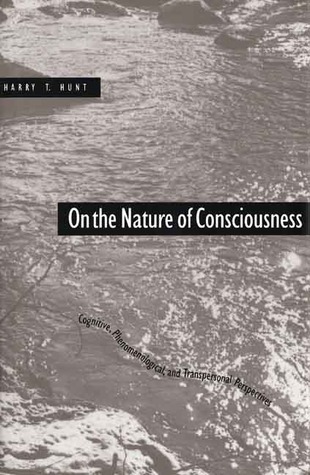
Consciousness: An Introduction
Book Description
What if the very essence of your being is a mere illusion? Dive into the mind-bending exploration of consciousness in Susan Blackmore's 'Consciousness: An Introduction.' Unravel the mysteries of perception, identity, and existence as captivating theories collide with groundbreaking research. From the depths of neuroscience to the heights of philosophy, each page pulses with vibrant insights that challenge everything you thought you knew. As ancient beliefs clash with cutting-edge science, the journey invites you to reconsider what it truly means to be aware. Are we the masters of our minds, or are we just passengers in a vast, enigmatic universe?
Quick Book Summary
"Consciousness: An Introduction" by Susan Blackmore takes readers on a sweeping journey through the science, philosophy, and psychology of consciousness. Blackmore examines big questions: What is consciousness? How does subjective experience emerge? And is the self an illusion? By weaving together ancient wisdom and modern research, the book scrutinizes phenomena like dreams, altered states, self-awareness, and the neural underpinnings of experience. Blackmore challenges readers to confront uncomfortable ideas—such as the possibility that free will and the inner voice of "I" might be illusions produced by the brain. Through clear explanations and thought-provoking experiments, the book invites readers to reflect on their own minds and reconsider long-held assumptions about identity, perception, and what it means to be conscious.
Summary of Key Ideas
Table of Contents
The Illusion of the Self
Susan Blackmore introduces readers to the enigmatic world of consciousness by questioning the nature of personal experience and subjective reality. She invites us to consider whether our sense of self is genuine or merely a convincing illusion created by brain processes. By examining classical thought experiments and contemporary debates, Blackmore sets the stage for a nuanced exploration—challenging the idea that there is a central "self" observing the world from within.
Neuroscientific Approaches to Consciousness
Delving into the findings of neuroscience and cognitive psychology, the book unravels how the brain processes sensory input and generates a unified experience of the world. Blackmore discusses the "hard problem" of consciousness: why and how physical processes in the brain give rise to subjective experience. By surveying research on brain activity, neural correlates, and split-brain patients, she demonstrates the complexity of linking physical brain states to conscious awareness.
Perception and the Construction of Reality
The book investigates how our reality is actively constructed rather than passively recorded. Blackmore explores perception as an inferential, creative process—touching on the limits of attention, the phenomenon of inattentional blindness, and the role of memory in shaping experience. She frames perception as an active interplay between sensory data and cognitive expectations, leading to compelling insights about how much of what we consider "real" is synthesized by the mind.
Altered States and Their Implications
Blackmore also delves into altered states of consciousness—such as dreaming, meditation, and drug-induced experiences—to highlight the flexibility of the conscious mind. She links these phenomena to cultural beliefs and philosophical questions about the boundaries of experience. Discussion of near-death experiences and out-of-body illusions further illustrates how easily our sense of self and reality can be manipulated.
The Challenge of Explaining Subjective Experience
Throughout, Blackmore emphasizes the challenge of explaining subjective experience, or qualia. She surveys a wide array of theories, from materialism to dualism and panpsychism, evaluating their strengths and weaknesses. Ultimately, the book encourages critical reflection and open-mindedness, leaving readers with an appreciation for the complexity—and enduring mystery—of consciousness.
Download This Summary
Get a free PDF of this summary instantly — no email required.





